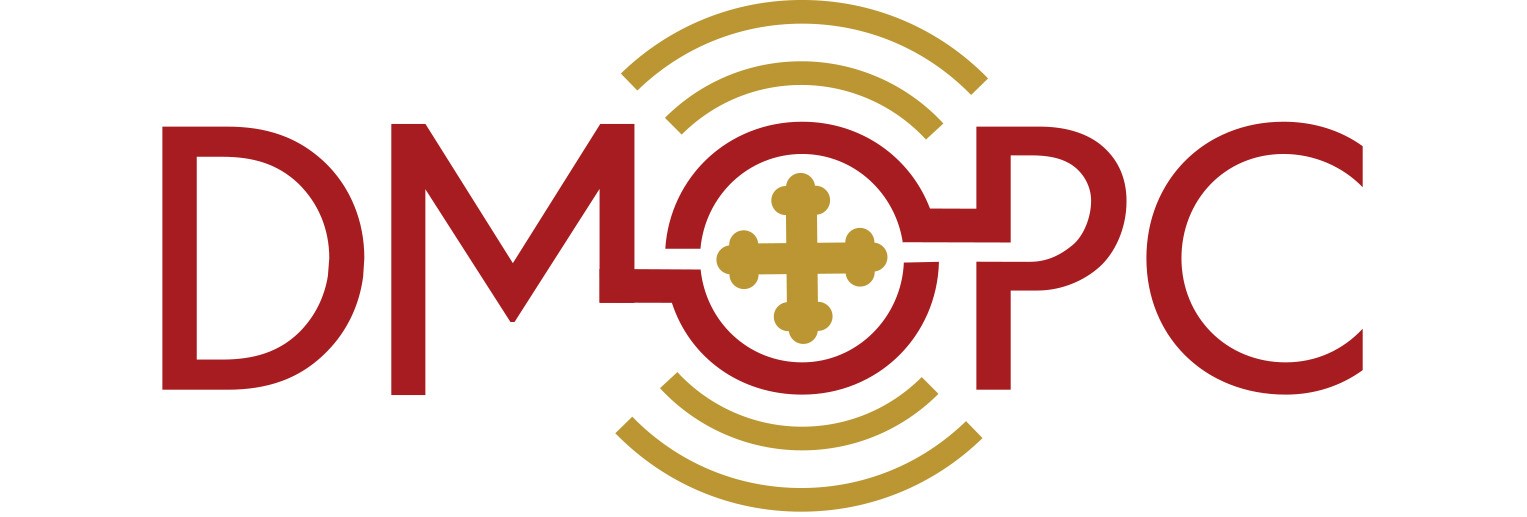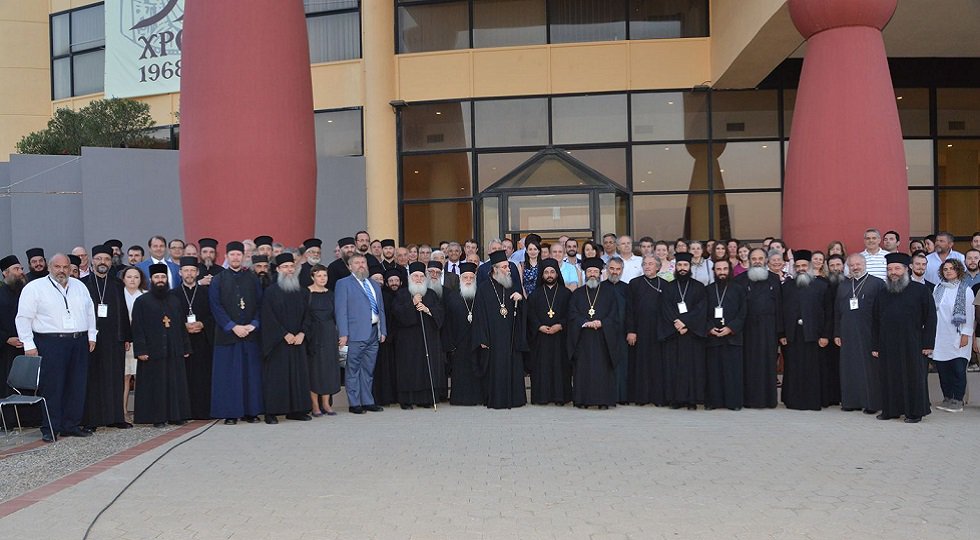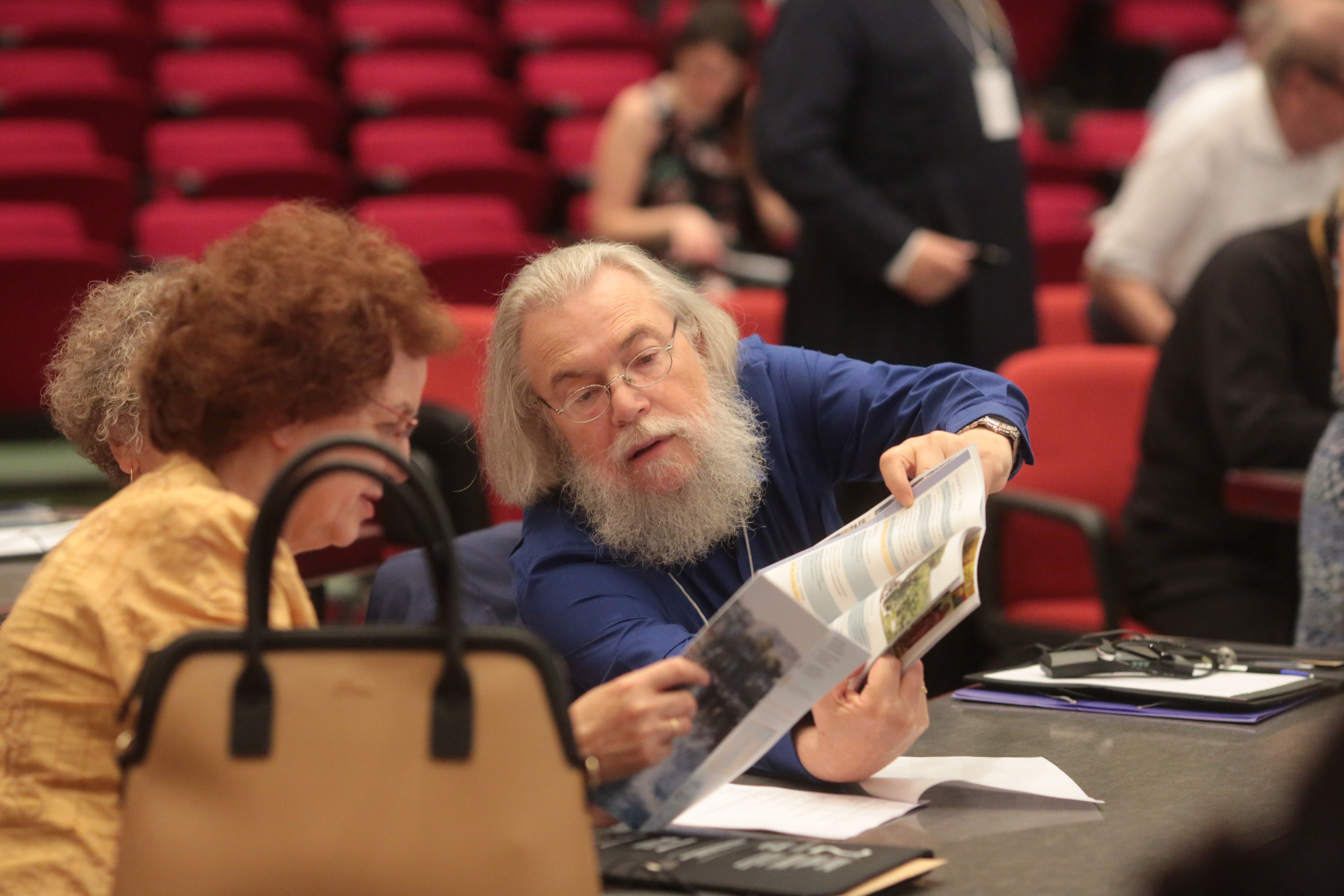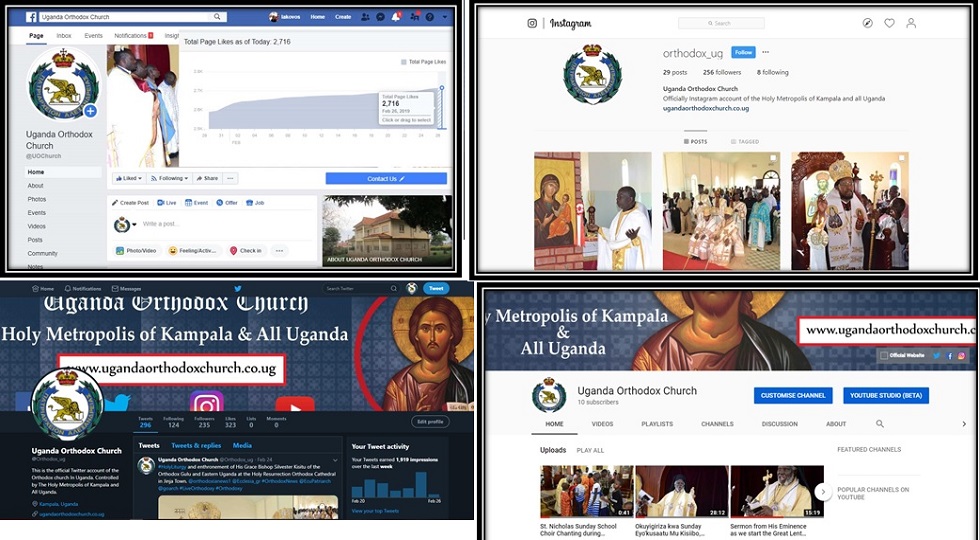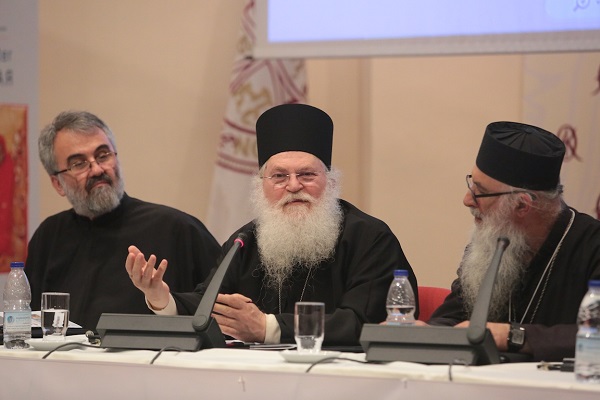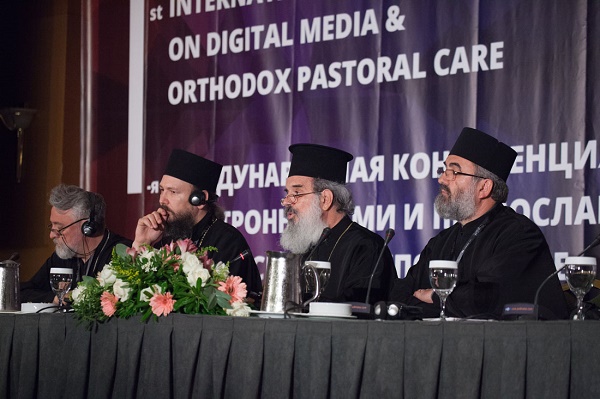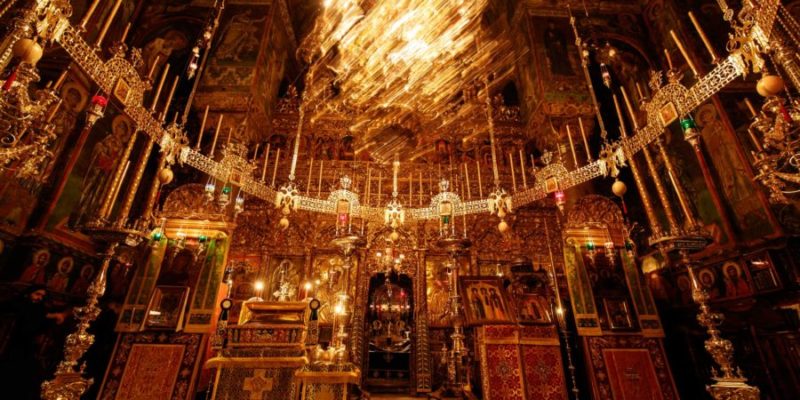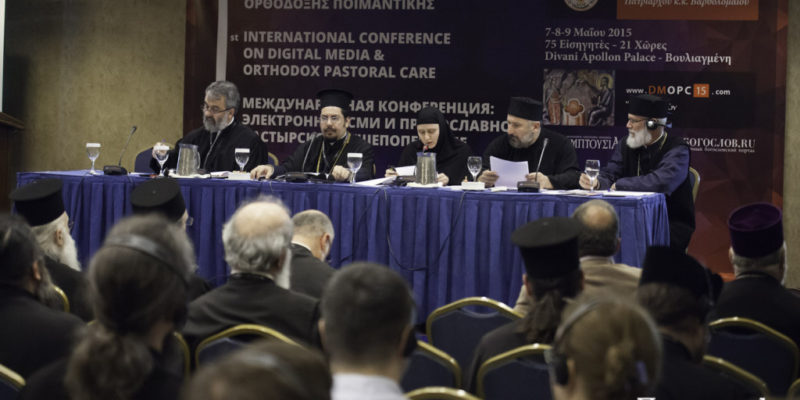Pastoral care over the Internet from the point of view of science (psychiatry): How is the ‘message’ understood over a digital medium when someone has depression? How does such a sufferer view a site that transmits ‘joy’?
Digital and natural life- digital anthropology
How the notion of ‘Virtual Reality’ is linked to the concept of ‘virtual sanctity’, of a ‘virtual spiritual life’ and of ‘virtual relationships’
The educational role of the Church through the Internet, in assisting people to orientate themselves, interprets, in a critical way, the phenomena of our times and provides the key for a reading of the various situations in which people can find themselves in the new, digital eco-system
The Internet
The Internet is a realm where inter-personal relations can be formed and multiplied to an extent that was once unimaginable
The era of “here and now”
The new forms of relationships are, by and large, horizontal and this translates into an absence of ‘fathers’. This is why the Church has engaged in a dialogue with this ‘world
Brain vs Heart
Does the Internet address the brain rather than the heart? Is the Internet a ‘rationalization’ of the pastoral relationship?
New Challenges
The digital revolution affects the way we think. Does it also affect the way we ‘believe’?
The common denominator
The encounter between niptic anthropology, pastoral psychology and the psycho-sciences, with digital living as the common denominator. From spiritual and psychological problems to the search for pastoral and therapeutic proposals
OPEN ACCESS CONTENT
Articles on Digital Media and Orthodox Pastoral Care
In what way can the priest and shepherd, who is the inheritor of a tradition going back two thousand years, respond to the challenges of re-evangelizing people in the digital age, while avoiding the risk of contaminating Christian discourse and ethics? View all articles
THE DIGITAL WORLD AS A SPHERE FOR THE REITERATION OF PENTECOST AND THE LIVING WORD OF SAINT PAUL THE APOSTLE
Testimonials
What our members say

In Africa, Digital technology can be said to be the missing link for better learning and interaction between younger generation and those offering pastoral care. It can also help to propagate values of the Orthodox Christian tradition among the faithful. However, the church should specifically address the use of digital technology for teaching, learning and sharing as part of their broader policy development and implementation process.

Every day, married couples spend hours following their friends’ news and reviewing postmodern advices on how to be married. This new culture of instant information and communication is affecting not just relationships, but the very meaning and purpose of marital life. Family has become an arena of struggle between the life-giving Orthodox tenants of faith upon which the Orthodox marriage is based and the assailing directives of the postmodern culture founded on deconstruction, doubt, and alternatives.

People use digital technology to make connections with real people, and more and more often, seeking meaning in their everyday experiences. This means that, whether they know it or not, they are seeking relationships that have meaning. Mission is always personal and specific, even when done en masse. That is, it must involve personal communication and a connection between persons. It is the beginning of a relationship and like all relationships requires constant, heart-felt communication. This is where digital technology is most useful, and most often derailed.

In the context of today’s world, the presence of the priest in the digital world is an undeniable reality and perhaps, for some reasons and up to a point, a necessity. From this perspective, developing a living and responsible presence of the priest in the digital world it is the responsibility of each priest, of all the actors involved in theological education as well as of the Orthodox sites, who consciously assume the status of Orthodox opinion makers on the Internet

